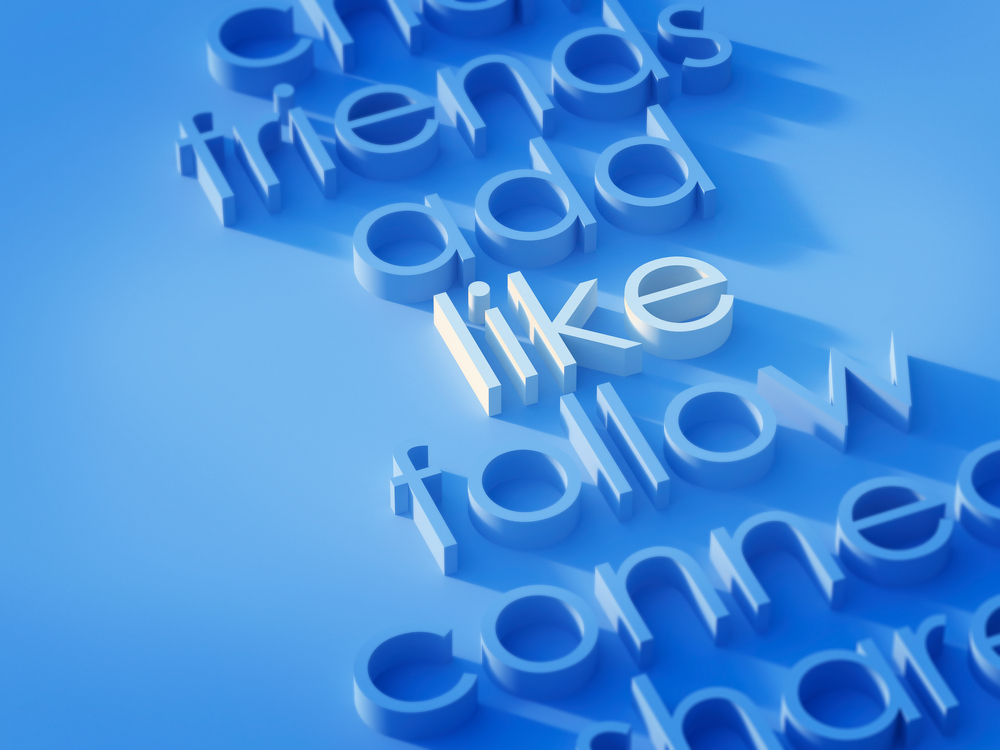The release of new smartphones and mobile operating systems dominated the technology industry and related web conversations in the first few weeks of 2011. As the hype died regarding new Android-based devices and the iPhone availability on Verizon, mobile applications became the primary discussion point for industry analysts and consumers this week.
Early in the week, research firm Markets and Markets released its predictions for the mobile application market in the coming years. The company stated the mobile application market may be worth $25 billion by 2015, as smartphones become the dominant choice for consumers considering a mobile upgrade. Most consumers are satisfied with a few choice applications, however, the success Apple and Google have found in the market shows more options for consumers means more sales for vendors. Furthermore, Research In Motion, which boasts just more than 10,000 mobile applications for its BlackBerry devices, has struggled in part because it does not provide options for its users.
Feature phones, which are among the most widely used devices in the world, may not be the most chic devices. However, Facebook announced on its company blog Thursday that it would develop an application for use on the less capable devices. The software will not be as advanced or sharp as Facebook's smartphone apps, but it will allow users to read updates and check photos.
Whether researching their next purchases or trying to discover new applications, web users consistently peppered Google with search for "mobile applications" throughout Tuesday and into Wednesday. Furthermore, developers discussed new methods and techniques frequently this week in hopes of capitalizing on the popularity of the topic.
In fact, mobile applications have become so popular Apple will likely reach 10 billion downloads from its App Store this summer – just 31 months after its unveiling – based on research and expectations from Asymco researcher Horace Dediu. Comparatively, Dediu pointed out that iTunes did not reach 10 billion downloads until February 2010, more than five-and-a-half years after its release.
Apple's success as a mobile handset manufacturer is hardly surprising. Aside from its sleek designs and consistently state-of-the-art technology, its software is considered among the most secure, whether speaking of its mobile operating system or other platforms. For Microsoft, which has tried to carve its own space in the smartphone OS market, security has become a major issue. The company announced a third-party application was responsible for sending more than 50MB of data from mobile handsets on a daily basis. According to a company blog post, the developer has been contacted and informed of the issue. Still, this may prevent Microsoft from becoming a legitimate challenger to Apple and Google.
The tablet market, which is also dominated by Apple with its iPad, received a kick as well when IDC predicted sales will triple in 2011. The research firm reported expectations of 44.6 million units solid this year. While the iPad will remain unchallenged in the market for the foreseeable future, Research In Motion's PlayBook and Samsung's Android-powered Galaxy Tab are named among the primary challengers to Apple.
Apple and Google, however, could not remain entirely quiet this week. Even without the announcement of new smartphones or mobile operating systems, both companies revealed changes of in leadership.
Apple announced Monday that CEO Steve Jobs would take a leave of absence due to illness. The company did not reveal its leader's illness, however, this is not the first time Jobs has temporarily left his post. Web discussion of Jobs' leave and illness remained consistently high throughout the week, according to Google Realtime search results. There is no word on a timetable for his return, but this summer will likely see the debut of the iPhone 5 and iPad 2, which Jobs will surely want to be present for.
Apple's fiercest rival (at least in the mobile market) Google also experienced a level of leadership uncertainty when CEO Eric Schmidt announced he was stepping down, effective in April. Schmidt became the company's chief executive 10 years ago when the it was clear the blossoming company, founded by Larry Page and Sergey Brin, needed some direction from a professional manager and IT executive.
Page will become the company's CEO upon Schmidt's resignation. However, Schmidt will remain on board as the company's executive chairman.
A New York Times report, published on Friday, found that Google has continued to excel in recent years, but many within the company feared it "could become like Microsoft." While Microsoft remains one of the most valuable and important companies in the world, its inability to adjust its products has had negative impacts, such as its dethroning as the most valuable IT company in the world last year.
Through just three full weeks, 2011 has already been an eventful year in consumer technology. While most of the attention has been paid to the mobile market, Sony will unveil its PSP2 next week. The handheld video gaming device will likely be the company's attempt to expand into further mobile media, as Sony executives are expected to discuss plans to incorporate movies and music into mobile gaming devices.



